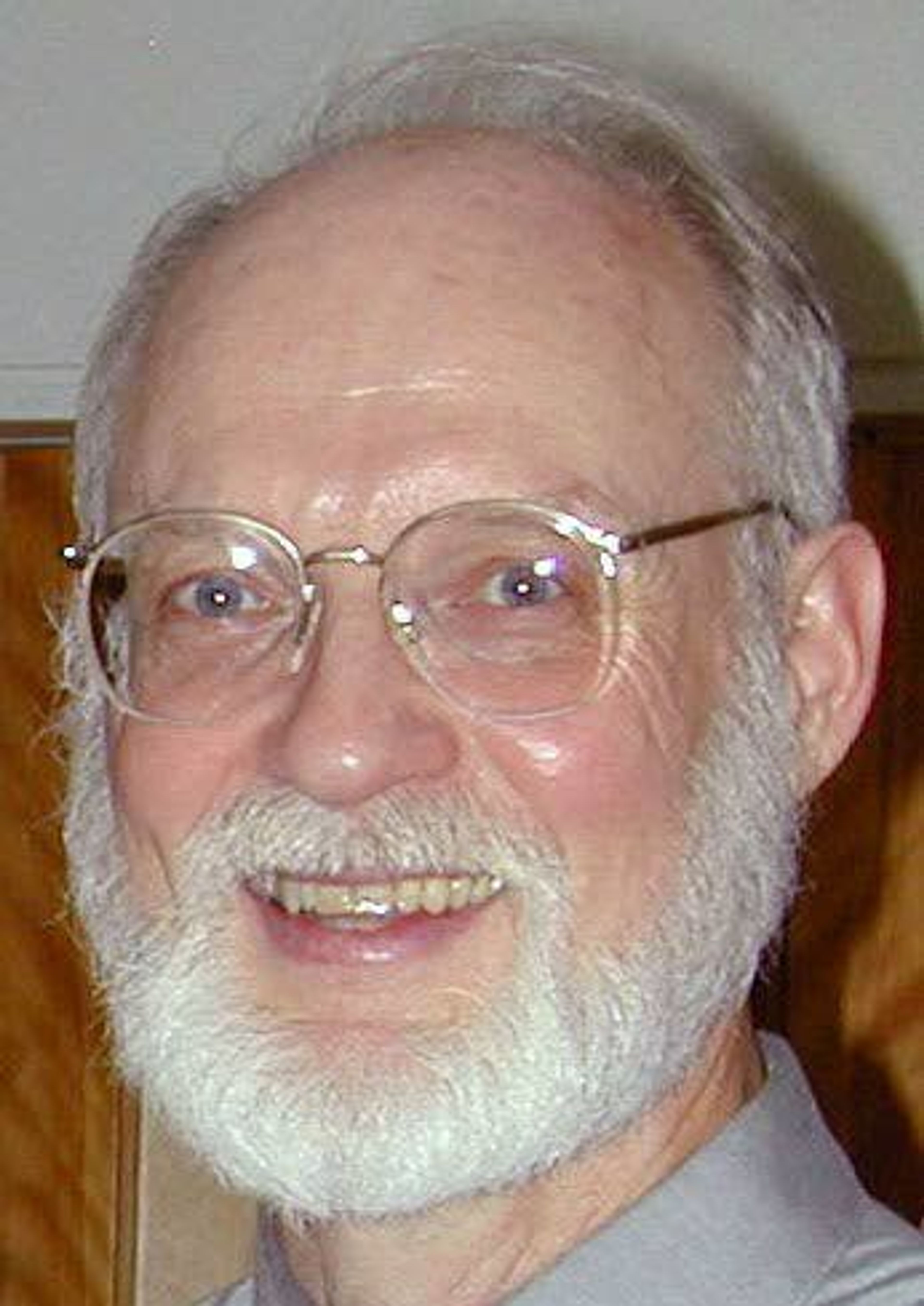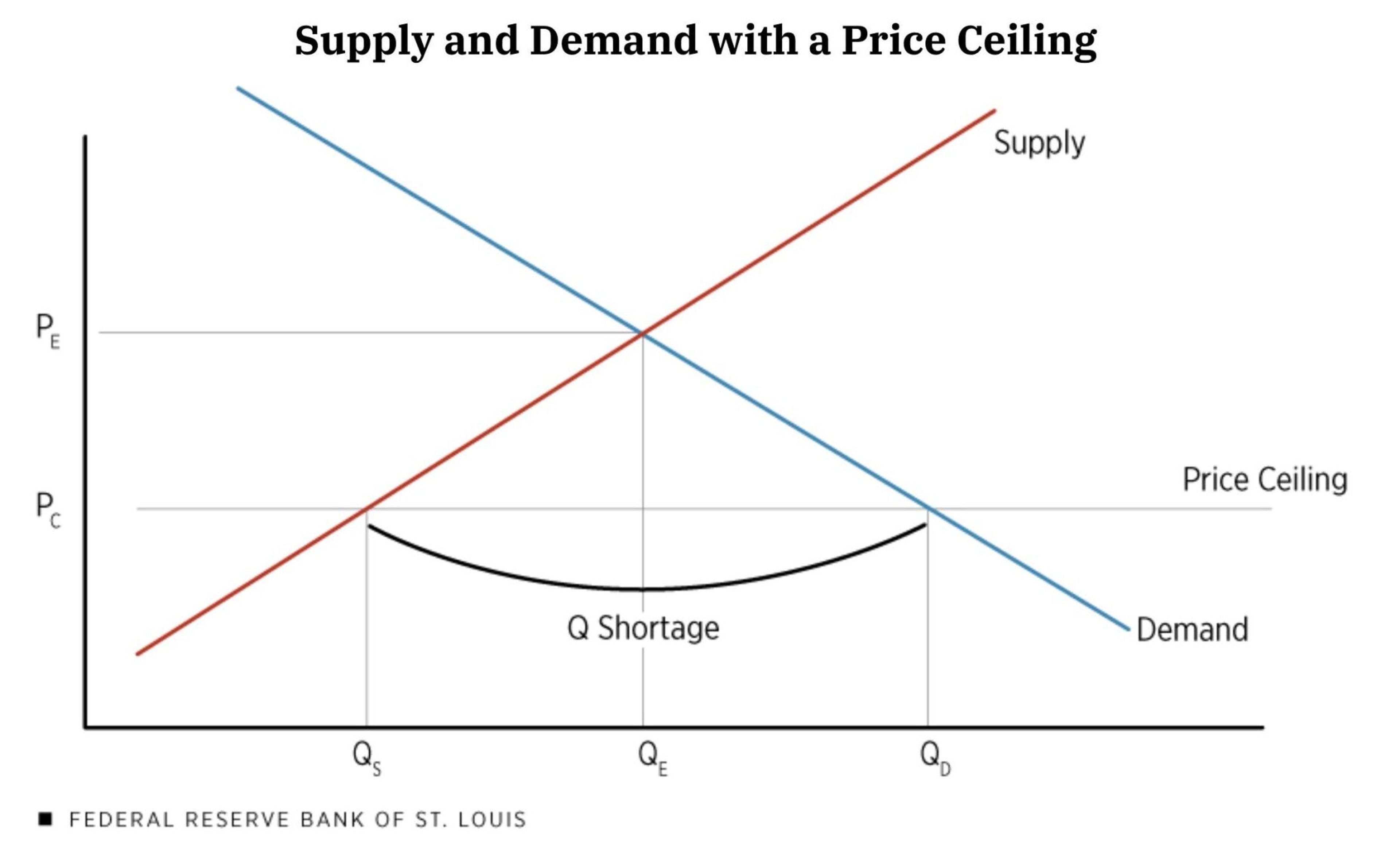UI students examine relationship between politics and vaccine attitudes
Research looks at how trust in government, proximity to disease influences decision-making
Students at the University of Idaho are helping researchers analyze how proximity to an outbreak of a disease affects people's attitudes about vaccinations.
Students Jordan Kizer and Emma Carson have spent months categorizing data collected by Bert Baumgaertner, Juliet Carlisle and Florian Justwan, UI professors from the College of Letters, Arts and Social Sciences, whose research on the role ideological beliefs play on vaccination attitudes was published in the journal of Public Library of Science One (PLOS ONE) in January.
According to the professors' research, people on the conservative end of the political spectrum are less likely to trust government medical officials than those on the liberal end. That level of trust in medical officials correlates with attitudes about vaccination, the professors say.
The professors also found people with conservative political views are less likely to vaccinate against preventable diseases than those in the middle or on the left.
Kizer's and Carson's work piggybacks off of that data. Carson said the two have been working since January to use the professors' data on people who were in close proximity to two outbreaks of measles that occurred in 2016 in order to see whether their responses to the professors' survey questions indicate the outbreaks affected their likelihood to react positively to vaccines.
Professor Justwan presented some of those preliminary findings Tuesday afternoon at the Malcolm M. Renfrew Interdisciplinary Colloquium in the Whitewater Room of the Idaho Commons.
Some results, which have not yet been peer-reviewed, Justwan said, indicate a person's proximity to an outbreak has almost no effect on their attitudes about vaccinations, no matter their political ideology - except for one group of people.
According to the preliminary results, people who have a very low level of trust in government medical experts are less likely to vaccinate if they live far away from an existing outbreak.
Carson and Kizer are co-authors of a paper on the research, which could be published as soon as December, Justwan said.
Both students will graduate this semester but may continue working on the research, depending on future grants the researchers might receive, Carson said.
Justwan said the group is also looking to explore how different news sources in the U.S. cover vaccines and how that coverage affects people's vaccination attitudes. For that question, Carson and Kizer tracked how many times the word vaccine was used in coverage from major news sources. That data indicates that within a six month time period, Fox News reported on vaccines more than 300 times, while CNN reported on vaccines less than 150 times, giving researchers an idea of where certain individuals get their news on vaccines from.
"We're very much looking forward to seeing where this project is going to go," Justwan said.
Taylor Nadauld can be reached at (208) 883-4630, by email to tnadauld@dnews.com and on Twitter @tnadauldarg.







